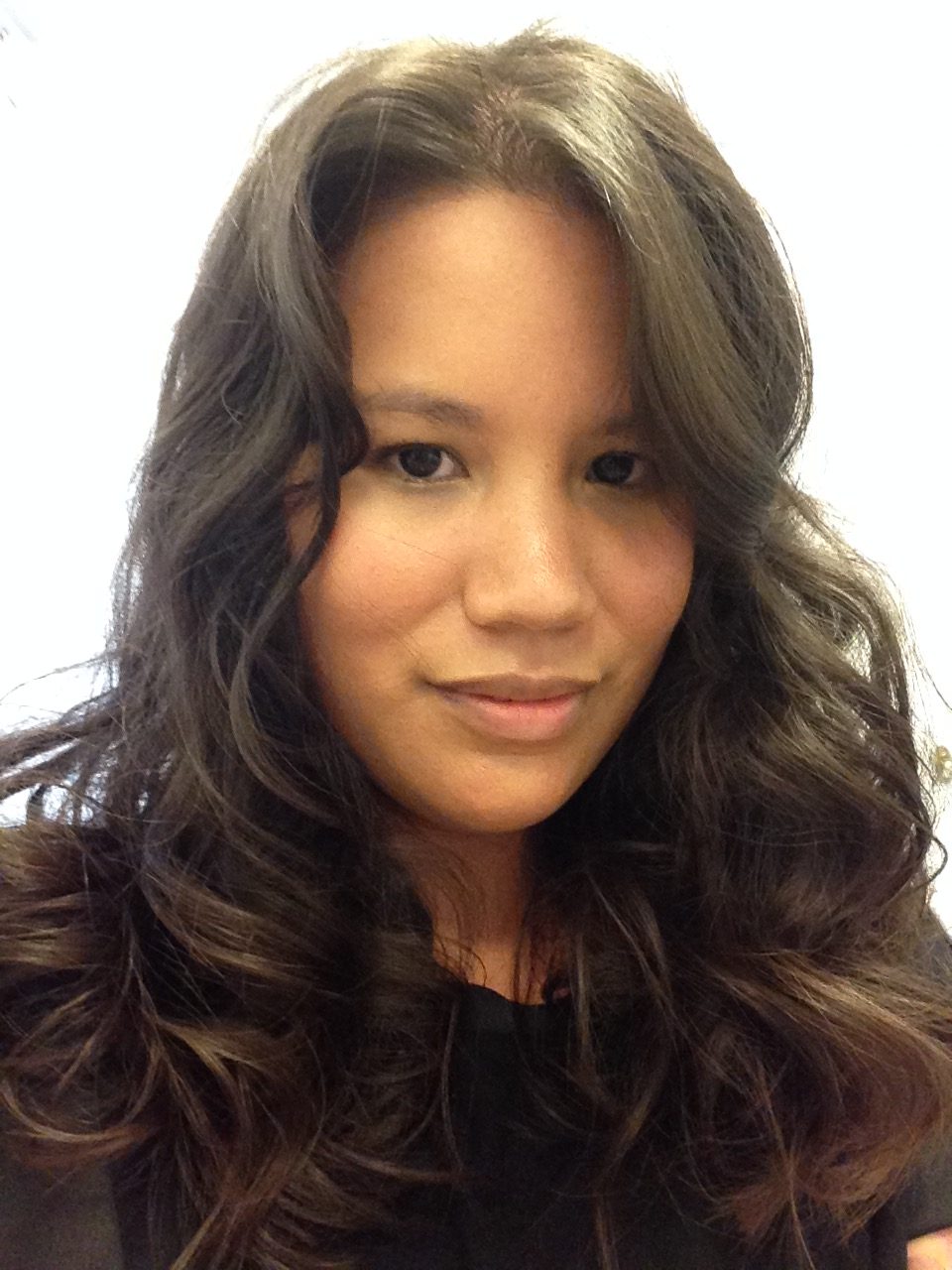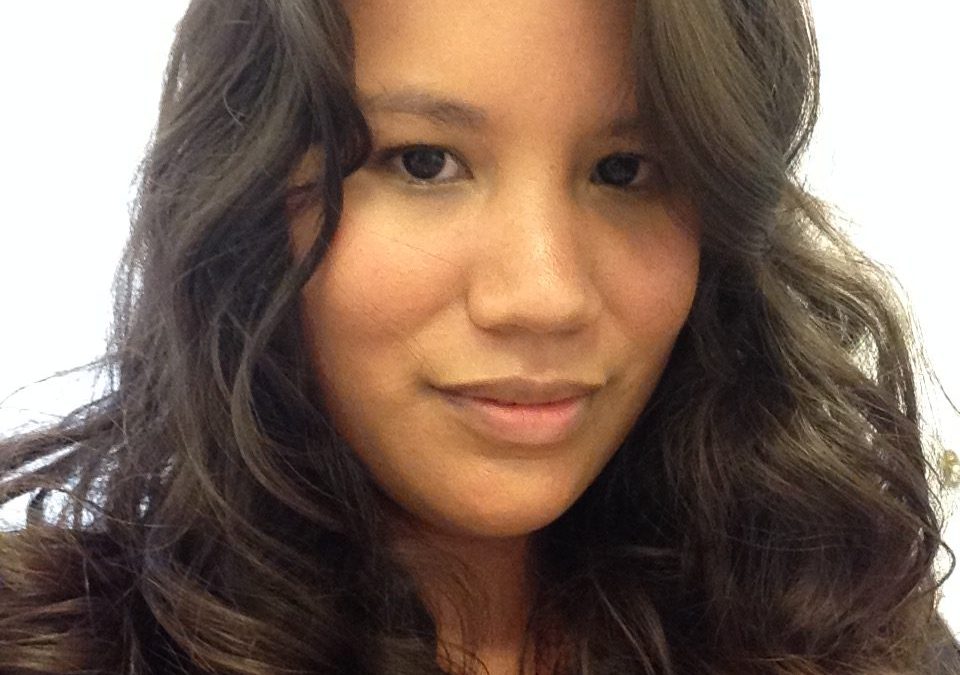The Funny Thing About Us
By Jill Patrick
You died on a Tuesday.
The body you left was over the mountain, where your bones were born and your ashes will rest. So that’s where we went to find you, Johnny Cash on the radio just as you liked it. Johnny Cash in our ears and a new hole in our hearts.
By the time we got there, the ceremonies had already started. The smudge had already been lit. The food had already been bought. We were overrun with the business of death and overwhelmed with how it runs its fingers through us the same way we absentmindedly put our hands in the water over the side of a canoe. Are we running through the water, or is the water running around us?
Most of us don’t know much about nt’ákmen (our Ways). But we all know a little bit about what being a survivor demands. We don’t know what we are supposed to do when a baby takes its first breath. Or when a girl gets her first blood. But we all know how to bury ourselves.
That’s the funny thing about being ucwalmícw (Native). When you’re like us ⎯ mechanically separated from spirit by government decree ⎯ you’re left with stains, obscuring even the boldest patterns in the fabric of your life. Some look like blood. Tobacco yellow. Cherry Pepsi. Stains that will never come out, unless you bleach the whole thing. But then all you’re left with is white.
Your house was full of people. People we’ve never met, who hug us and beg us to remember that time. You know, when we were only “this high” and all we could talk about was our new pony? Our memories must be stained, too. We can’t remember.
You are still in your bed. From your living room, we can see your legs but you have to go in to see the rest of you. We don’t.
Your cat is hiding somewhere behind the sofa. We wish we could join him.
Aunts and uncles and cousins do go in and out all day, removing hats and smiles as they pass through the door. The men lay their hand on your ankle. The women lay their bodies beside yours, slippered feet dangling off the end of the next to your socked ones. From the living room, it looks like they could be dead, too.
Soon, hand drummers come and play songs. The singing shakes the dust from the walls. But it doesn’t shake the tears from our eyes.
That’s the funny thing about grieving, when you’re like us. You go numb, a response to traumas administered to your grandmother’s grandmother. It makes everyone else want to keep busy. Keckec does dishes. Sta7 knows how to prepare a house for a gathering. Súq’wi7 gathers cedar. Snúk’wa7 runs the Bingo. You feel like you’re in the way. When all you want to do is sit and process, you’re told to keep busy doing work that doesn’t make sense to you. You don’t know the how or why of covering mirrors. Of covering hair. Of not asking questions, just doing it.
After a few days, gathering becomes boring. More dishes to do. More food to cook. Less sleep as cousins you’ve never heard of come and lay in your bed while you’re not there. We get to hear lots of stories now. Stories about you before we knew you. Stories about you when we thought we knew you. Laughter shakes the pain from our hearts. Our hair smells like woodsmoke.
You came back from the funeral home in the bed of your favourite son’s truck. It shouldn’t matter anymore that you liked him best, but somehow it matters more than ever.
Your funeral was on a Sunday. It was hot.
It’s a short walk from your house to the community hall. It took a long time.
Men carry you on their shoulders. Women carry photos and flowers in their hands. This time, the hand drumming shakes the dust from the mountains and the ancestors from their graves.
The hall is packed. People sit and sob, or sing and dance, while we perform ritual after ritual that half of us don’t know the meaning for but know it must be done anyway.
That’s the funny thing about funerals, when you’re like us. Half in black suits, half in blue jeans. You look around at those in buckskin and cedar who know the rituals backwards and forwards, and almost feel ashamed that you don’t. You realize their familiarity comes from years of practice at the sides of others as they bury their loved ones.
Family, friends, and strangers line up for the viewing, and from the back of the hall we spy on this private moment ⎯ the final words they will ever speak to you. You were loved.
Honoured teachers and chiefs from all over have come to see you. You were respected.
Your old friends from the logging days make their way up the aisle, leaning on their canes and their children’s shoulders. You were remembered.
Your kids kiss your cheeks and hold your hands. They are orphans now.
Your oldest living grandson hangs back and is the last to pay his respects. His walk ⎯ normally cocky with a promise of danger to anyone who gets in his way ⎯ holds the power and grace of a grizzly bear. He pauses, and raises his arms wide to you, the man who raised him. We understand what it looks like to come from chiefs and matriarchs, now.
You wore plaid and suspenders in your coffin, a silver guitar pick between your fingers, a white cowboy hat on your head. We closed the lid.
Mom and Auntie sit alone at the front, quietly praying. Around them, hand drummers do their final song while your coffin is lifted and twirled to the four directions at the direction of a man who receives payment in cash and tobacco.
There is much yet to do. A will to be read. Clothing to be burned. Guests to be fed. Goodbyes to be said. Some sleep in the hall with you before the crematorium takes you. Everyone else is relieved to go home and not have to think about death for a while.
That’s the funny thing about loss, when you’re like us. Some wallow in it like a pig in mud. Covered. Unappetizing. But cool and safe wrapped up in an identity defined by what’s no longer there. Others turn away as though they’re sausages on the grill that will get scorched by the flames. But as you find relief facing another direction, parts of you burn.
You left us over two years ago. But sometimes you still come back.
You come back in the sound of horses’ hooves on the earth. Or the smell of tobacco mixed with leather and wood chips. You come to us in Johnny Cash and the heartbeat sound of a drum.
And that hot June day, we realized something more. Our people were intimate with death. Bodies were there to be loved and that didn’t stop when you stopped living in yours. Women washed and clothed you in your first days and your last. Your children cried for you as babies and now again when you go. When we raise our arms to you, you come in for a hug. Surviving the dead should not feel lonely. That is something we understood but was taken from us. We can either be the pig or the sausage.
That’s the funny thing about death. It teaches you more about life than living does.

Jill Patrick
Jill is an Indigenous-Chinese writer, born and raised with her mother’s people in the N’Quatqua Nation, on St’at’imc Territory. By day, she is a Grant and Communications Writer for a charity in Whistler, BC. By night, she is a student in the Lil’wat Nation Language and Culture program at Capilano University. And by later-at-night, she is an aspiring author. She is a dog AND a cat person (and also wants some goats). The Funny Thing About Us is her first published story!


You wove pictures in my mind, memories called up out of my past with your words. Thank you.
powerful piece!